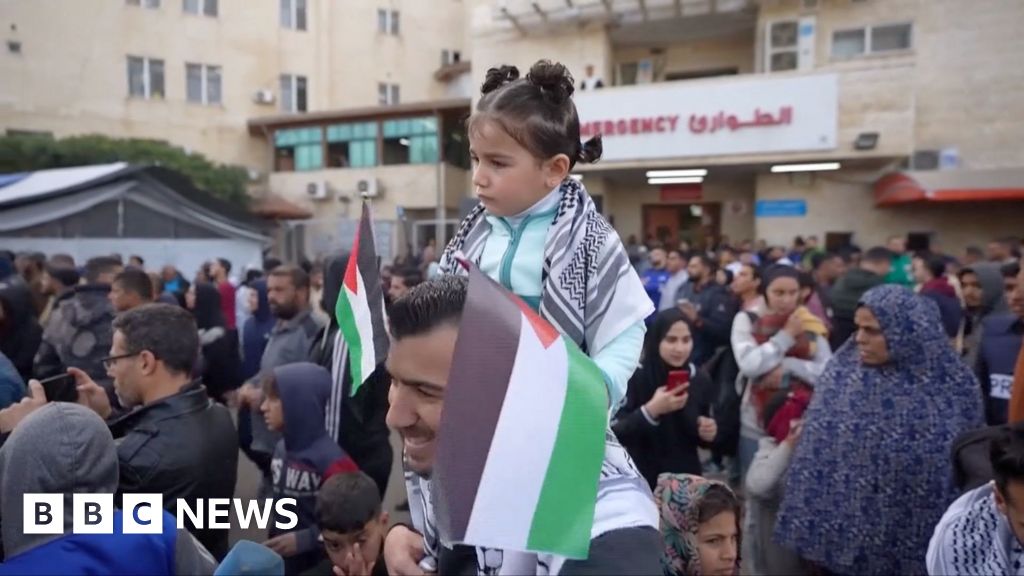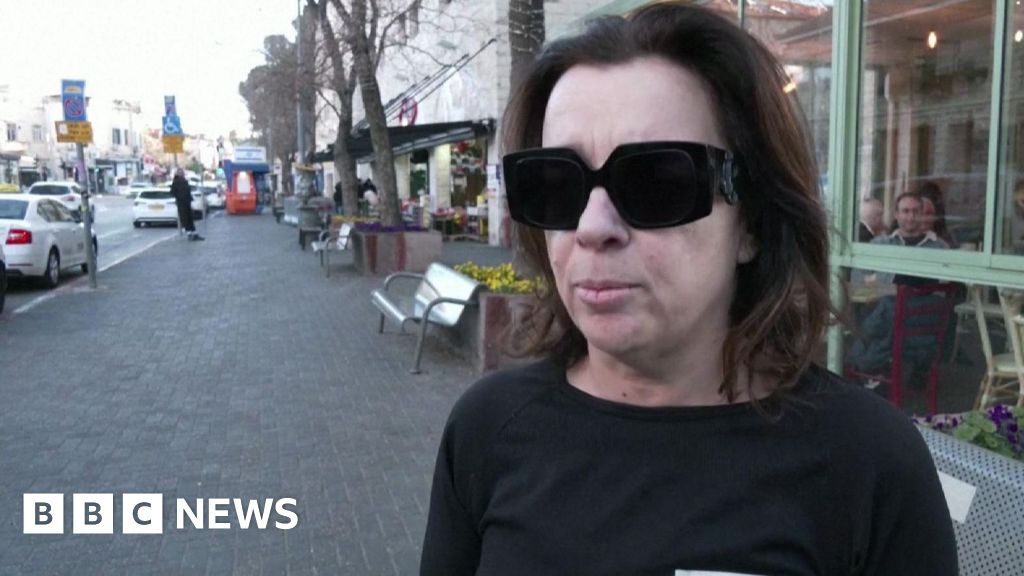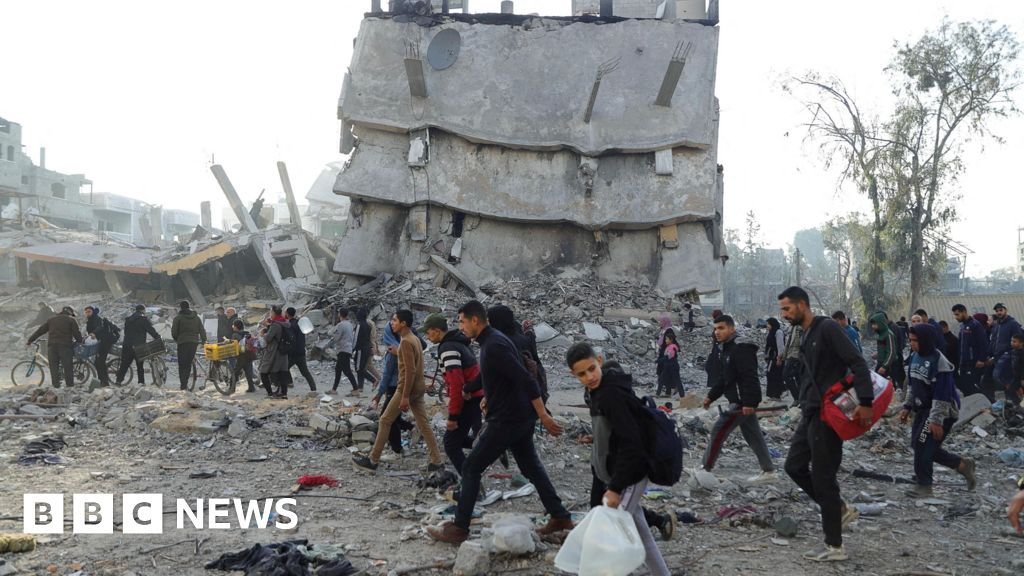ARTICLE AD BOX
“It was like hell. It was like a war,” says George, a 36-year-old volunteer firefighter who helped battle this week’s mega-blaze which burnt its way to the outskirts of Athens.
“We don’t have the resources to beat those conditions," he tells me in a cafe in the hilltop town of Varnavas north-east of the capital.
It’s in this district where a wildfire began on Sunday that led to thousands of evacuations as flames ripped through both homes, farms and forest.
The cause is being investigated.
Dark grey ash blankets the ground on hills encircling Varnavas, while pine trees have taken on the appearance of used matchsticks.
George’s partner, Georgia, is also at the bar where local discussion is inevitably dominated by the week’s awful events which left one woman dead.
“I think the future for us and our children is not very good,” says Georgia as her two-year-old daughter chats away at her feet.
Drought and record high temperatures in Greece are sparking anxiety amongst those who are living through it, day after day.
“We are not used to that, even for Greece. We love summer but not like that,” says Georgia.
Summer wildfires do happen in this region of East Attica where hot temperatures, high winds and flammable pine trees can prove a lethal mix.
Tough penalties have been introduced to crack down on arson or careless behaviour. Causing a wildfire or a forest fire is a criminal offence, even if unintentional.
And every year from May until October any outdoor fire or barbecue is banned by law in woodland, farmland or other rural areas.
According to the UN’s climate body, climate change is making the conditions needed for wildfires to spread more likely.
Heatwaves have become more frequent, more intense, and last longer.
The world has already warmed by about 1.1C since the industrial era began and temperatures will keep rising unless governments around the world make steep cuts to emissions.
“We’re doing everything to destroy our planet,” says Georgia, who believes individuals must take more responsibility for how they behave.
East Attica is, after all, her home and one she won’t leave despite the repeated blazes.
“We don’t have that choice,” she says, adding, “Where to go?” - given this fire reached Greece’s most populous city.
The wisdom of Athens' sprawling urban expansion - into hills and woodland - has long been questioned and has now been raised again by the UN’s global chief heat officer, Eleni Myrivili , who is herself Greek.
“We have created cities that might not be exactly in the right place and in the right type,” she said on a visit to the island of Lesbos.
“When I was a kid, I remember… the mountains facing the capital were green.”
Alex Krokidas is from an NGO called Thalpos which has been offering mental health support to people in towns like Varnavas following these fires.
He warns that residents will be living with the psychological consequences for a long time.
“There are always delayed reactions when it comes to trauma,” he says.
“It can hit you months later… some people, now they’re on edge. Once things start calming down they will get flashbacks.”
Mr Krokidas laments what he sees as a culture of “short-termism” on the issue of climate change and foresees a continued and disastrous loss of forest in East Attica.
Many people I’ve spoken to here say more must be done to prevent and contain these disastrous blazes, whether through local mitigation measures or global action.
But often, when you ask what those measures should be, there’s a helpless shrug and hopeful notion that experts, with a deeper knowledge of these complex issues, may have better answers.
The Greek authorities have been defending their handling of this recent blaze as a rapid reaction in the face of “extreme” and “insurmountable” conditions.
Prime Minister Kyriakos Mitsotakis says contracts have been signed for the eventual delivery of new Canadair water-bombers to fight blazes - while acknowledging that “important work” remains to be done on prevention.
“We have to realise that this is a comprehensive effort at a time of a major climate crisis which I think we are all experiencing.”

 5 months ago
21
5 months ago
21








 English (US) ·
English (US) ·